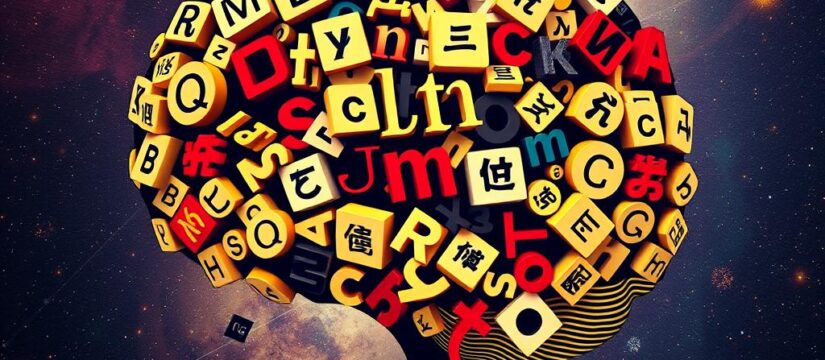
How language shapes our brains…and our lives
- September 13, 2019
- 2 Likes
- 406 Views
- 0 Comments
Language rewires the brain. Learning and using a language actually changes brain connectivity. Neuroscientists using brain scans have found that bilinguals have more efficient brain networks than monolinguals. For instance, one MRI study showed that people fluent in two languages displayed higher connectivity among brain regions (especially cerebellum to frontal cortex) than those speaking only one language sciencedaily.com. This global efficiency of neural connections suggests that juggling multiple languages strengthens the brain’s organization. Moreover, the younger a person learns a second language, the more widespread these connectivity boosts appear sciencedaily.com.
Vocabulary alters thought. The words we have can shape how we perceive the world. A striking example comes from field research with the Tsimane’ people of the Amazon. Their native language initially had one word for both “blue” and “green.” When some Tsimane’ speakers learned Spanish, which distinguishes these colors, they began carving up the blue-green spectrum into two colors using their own vocabulary news.mit.edu. As MIT cognitive scientist Edward Gibson noted, “Learning a second language enables you to understand these concepts that you didn’t have in your first language.” news.mit.edu. In other words, vocabulary from a second language literally expanded their ability to see and talk about the world in new ways.

Worldview and culture. Entire cultures can frame reality differently through language. Most English speakers use left/right or front/back to describe space. But some Aboriginal languages (e.g. Guugu Yimithirr of Australia) use absolute cardinal directions (north/south/east/west) even for small distances. Speakers of those languages maintain an almost uncanny sense of direction: one famous anecdote describes a blindfolded man from a Mayan language group who, even after spinning around many times, could still point exactly north discovermagazine.com. To us this sounds extraordinary, but it’s natural for someone raised to always be aware of the sun, winds and compass points. In daily life, this means their “home” mental map is fixed to geography, not the moving ego-center we use. Such linguistic habits cultivate a different, often superior, spatial awareness discovermagazine.com.
Habit and identity. On a personal level, the language we speak can shape habits and identity. For example, people have observed that bilinguals sometimes describe themselves differently in each language – jokingly, you might be “two different people” depending on which tongue you use. While harder to quantify, it points to how language and thought are intertwined. More broadly, research on “linguistic relativity” suggests that grammar and vocabulary influence memory and worldview – from how we conceptualize time, to which details we notice and recall about an event.
What it means. All this suggests that language is more than a tool for communication: it sculpts our brains and minds. By learning new languages, we literally open up new cognitive pathways sciencedaily.comnews.mit.edu. The diversity of languages on Earth gives its speakers varied lenses on reality. Becoming multilingual not only boosts brain health, but can enrich your perception: you might literally “see” new colors, remember events differently, or navigate space in a fresh way because of the languages you use.



Leave Your Comment